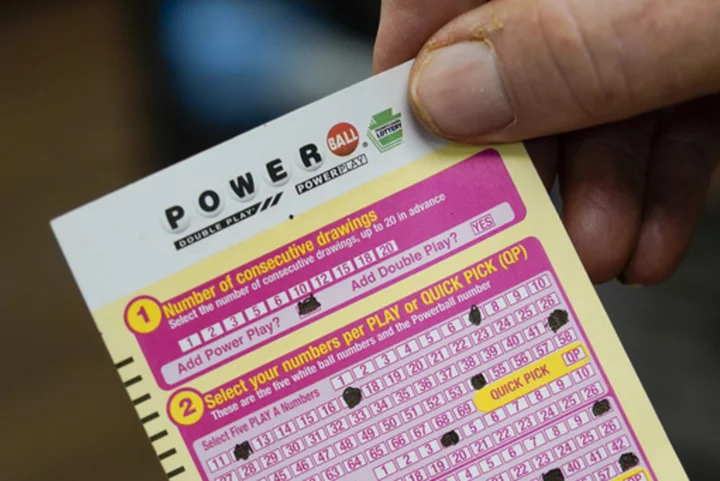It’s not hard to believe the truth about baby carrots—that they’re just full-sized carrots chopped into finger-sized bits—for one very simple reason: They look like bits of larger carrots. Baby corn, on the other hand, clearly isn’t just corn on the cob chiseled into miniatures. So what exactly is it?
The answer’s right there in the name: Baby corn actually is just regular corn harvested before it’s fully grown.
As Serious Eats explains, a corn plant has a male and a female flower. The female flower is the ear of corn, and each silk that protrudes from its top is attached to an ovule within the ear that, if fertilized, becomes a kernel. This fertilization happens via pollen from the male flower—a so-called “tassel” found on the very top of the corn plant—that lands on the silks.
But if you harvest the ears before the male flower blooms—i.e. before fertilization—you’ll get a fruit so premature that the whole thing, cob included, is tender enough to eat. That’s baby corn. It’s typically harvested a few days after the silk appears and before it browns.
What variety of corn you grow usually depends on what you plan to use it for: flint corn for popcorn, sweet corn for corn on the cob, field corn for livestock fodder and other things, and so forth. But they all more or less taste the same in the baby corn phase.
There’s a reason you rarely see fresh baby corn in U.S. grocery stores. It isn’t durable enough to be harvested by the machines used for mature corn or get exported across long distances. So we import most of ours in containers from Thailand, where it’s hand-harvested. If you have enough garden space, though, you could always try growing your own.
Have you got a Big Question you'd like us to answer? If so, let us know by emailing us at bigquestions@mentalfloss.com.
This article was originally published on www.mentalfloss.com as What Is Baby Corn, Anyway?.









